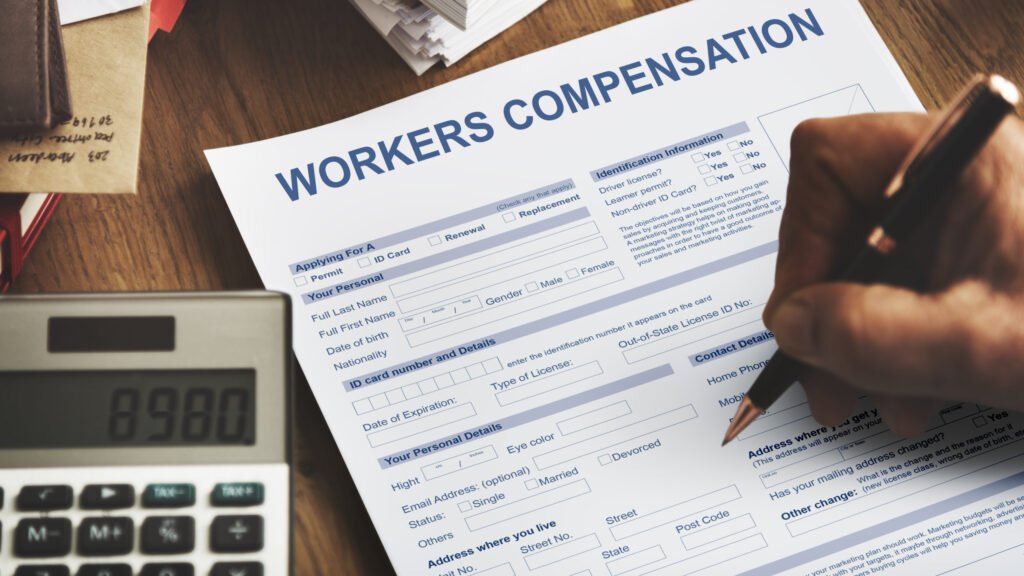
In most states, if you own a business with four or more employees, you are required to have workers’ compensation insurance. In some states, the requirements are different, however.
Some of the relevant factors as far as whether or not you’re required to have workers’ compensation insurance include how many employees you have, how long your business has been in practice, your industry and where you’re located. In specific high-risk industries, like construction, for example, you may be required to purchase a higher level insurance policy than other employers.
If you don’t have the required coverage for your employees, you could face penalties for non-compliance, including fines, loss of license or even criminal charges.
The following are some of the main things employers should generally know about workers’ compensation.
The Basics
As was mentioned, under the system in the U.S., most employers are required to buy insurance that provides different benefits to employees if they get hurt or become sick because of their work.
Workers’ compensation is a type of insurance, and it’s beneficial for your workers because it helps provide them with medical care and benefits when they need them.
It’s also beneficial for you as an employer to have workers’ compensation coverage because it can help prevent you from being sued by an employee if they get hurt or sick on the job.
Facts About Workers’ Compensation
The following are some general facts that every employer should know about workers’ comp:
- States administer these programs. An employer will pay into the state’s workers compensation fund or in some cases, self-insure. Then, if your employee gets sick or hurt on the job, the benefits are paid to them. There are also federally administered programs for certain groups, like federal employees and coal miners. Your employees don’t contribute to premiums.
- Every state has its own workers’ compensation program with distinct guidelines and regulations. If you don’t know where to begin, check with the department of labor in your state.
- The majority of states let you self-insure as an employer. Four states, which are North Dakota, Ohio, Wyoming, and Washington, don’t allow you to buy private insurance.
- Covered under workers’ compensation are long-term illnesses, injuries, and incidents. Workers’ lost wages can be replaced, their medical treatment may be paid for, and they might have vocational rehab available to them. If someone dies at work, there may be death benefits for the worker’s spouse and dependents.
- State rates and your past experience determine your premiums.
- Typically, workers’ compensation coverage prevents your employees from filing a lawsuit against you, but that’s not always the case. For example, an employee might still be able to sue you if the injury was intentional on your part or the injury occurred outside the scope of work for the employee.
- Because of whistleblower laws at the state and federal levels, you can’t retaliate against an employee who files a workers’ compensation claim.
- If you participate in any type of workers’ compensation fraud to reduce your premiums, for example, you might have to pay penalties and fines.
Your Responsibilities as an Employer
Along with having insurance coverage, some other obligations fall to you as an employer under most states’ compensation laws.
First, you may be required to post notices in a location that’s convenient and often seen by your employees during work hours, letting them know their rights, including their right to receive medical care.
You have to give details about their benefits and provide them with the name of your insurance carrier or let them know if you’re self-insured.
If someone is hurt or becomes ill at work, you have to provide them with a claim form for workers’ compensation, usually within 24 hours after you receive notice. Even if the employee doesn’t give notice, if you knew about the injury you’re still required to provide the forms.
Employers need to provide their employees with written information about their rights, and that written information should include details about how to file a claim and the available benefits.
If you’re an employer, it’s extremely important that you understand the state laws regarding workers’ compensation where you do business. If you’re unsure of anything, again contact your state’s labor department or the equivalent agency.
You need to provide workers’ compensation coverage for your employees not only to benefit them but also to benefit your business and protect you from potential lawsuits.








